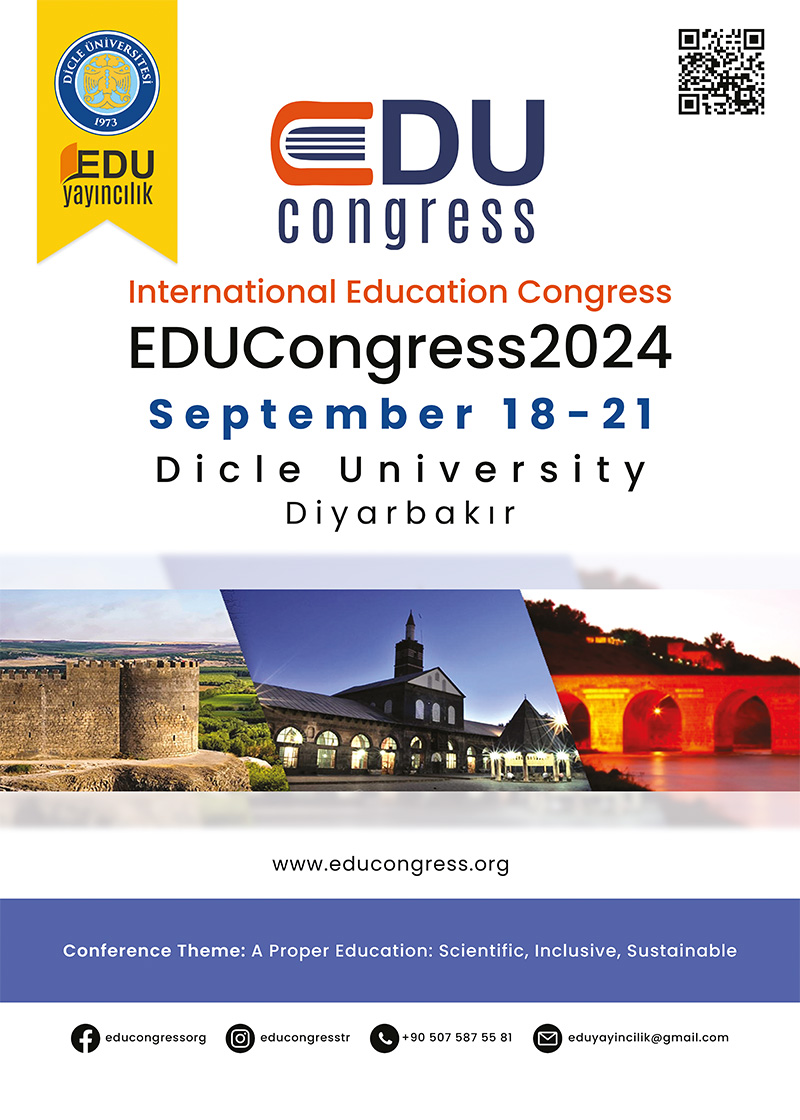I Know It, I Just Can’t Say It”: A Mixed Methods Study of Preservice Teachers’ Metacognitive Accuracy
Keywords:
metacognition, accuracy, overconfidence, mixed methods, and preservice teachersAbstract
Metacognitive awareness is important for preservice teachers because they should be able to plan, to implement, and to evaluate their practices accurately to provide learners with effective instruction. If preservice teachers inaccurately plan, implement, and assess their instructional practices, they will not modify their practices, and cycles of ineffective instruction might remain. The purpose of the current convergent mixed methods study was to investigate (a) how preservice teachers provided evidence to support their self-reported metacognitive awareness scores and (b) how providing evidence influenced their metacognitive accuracy of intensive instruction. Seventeen preservice teachers completed two focus groups and self-report metacognitive awareness inventories. Quantitative and qualitative data were analyzed separately and then merged. The results revealed that, initially, the preservice teachers were inaccurate and overconfident in their metacognitive assessments. However, preservice teachers’ metacognitive accuracy improved after being asked to provide evidence to support their self-ratings. Future research should continue to explore a variety of ways to improve preservice teachers’ metacognitive accuracy.





